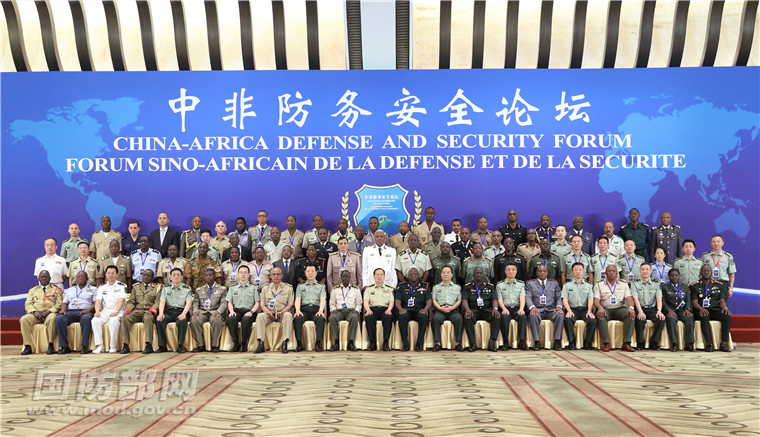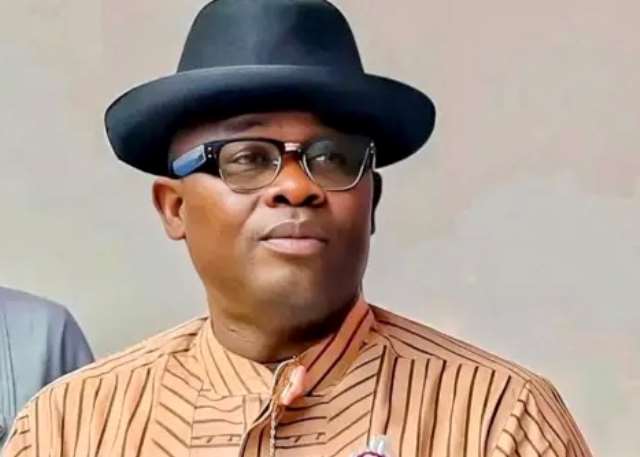U.S Military officers are increasingly concerned about Chinese military and economic incursions into the region, according to multiple reports Friday.
Having established a military base in Djibouti on the coast as recently as last year, China is expanding political and military influence in the region, inspiring substantial concern among US officials and prompting discussion of a stronger commitment.
Per Second News gathered in Washington that the fears have surfaced as the U.S State department and Military leaders are reinforcing their commitment to African security and influence.
Last month, China’s Ministry of National Defense invited high-ranking military representatives from 50 African countries, including Nigeria to the first China-Africa Defense and Security Forum.
“In 2009, China surpassed the United States as Africa’s largest trading partner, and by 2015, China’s trade with Africa had reached $300 billion,” according to the African Center Strategic Studies’ “Pursuing the China Dream through Africa: Five Elements of China’s Africa Strategy,” essay reports.
Much of the recent concern can be attributed to a gradual but profound shift in Chinese African strategy, as described an in essay from Nigeria’s Anambra State University.
China is making aggressive moves toward its own model of a certain blended or hybrid approach. The tactics both undermines democracy with movement toward centralized authoritarian rule in host countries, and concurrently emphasizes market principles and economic growth.
China’s Africa moves certainly align with their highly-visible and often-discussed expansionist strategy, involving a dramatic shift from operating as a dominant regional power – to working toward becoming a major international superpower.
“These moves are in line with the ‘New Historic Missions’ doctrine, which calls for an expeditionary capability that can, among other things, safeguard growing Chinese interests on the continent, maintain a naval presence in the western Indian Ocean, protect its merchant ships from piracy, and support China’s growing participation in UN missions in Africa,” the African Center for Strategic Studies maintains.
“We have strategic interest there, and the Chinese have built a base just outside our gate. So it is important that we are there, that we’re present, and the African people see our commitment to their overall desires,” General Thomas Waldhauser, Commander of US AFRICOM told the U.S House Armed Services Committee this past March.
“The African continent is a very interesting question because, first of all, there they are involved primarily all over the continent, for minerals, resources, and the like.
Over the past decade, arms exports have become an integral part of China’s security cooperation with Africa, according to Per Second News findings.
China’s exports of military gear to the continent have increased 55 percent in the five-year period from 2013 to 2017, compared to the preceding five years, according to the Stockholm International Peace Research Institute (SIPRI).
Beijing’s share of total arms exports to Sub-Saharan African countries rose from 16 to 27 percent during this period.
The increase in weapons exports corresponds with the surge in foreign investment from China, which in Africa increased from around $40 billion in 2012 to $90 billion in 2016.
The US, meanwhile, shipped $4.9 billion worth of weapons to Africa, 87 percent of them to Egypt and Morocco. And Russia’s exports were valued at $12.4 billion, 84 percent of which destined for Algeria and Egypt.
China is considered as a supplier of cost-effective weapon systems, such as the combat-ready K-8 jet-powered training aircraft, which dominates the market for such aircraft in Africa. China has also consolidated its position on the market for unmanned aerial vehicles (UAVs) because of American reluctance to export them.
Criticism of Chinese arms sales to Africa has been fueled by reports that such weapons were used in conflicts in the Democratic Republic of Congo, Ivory Coast, Sudan and Somalia.
























Leave a comment